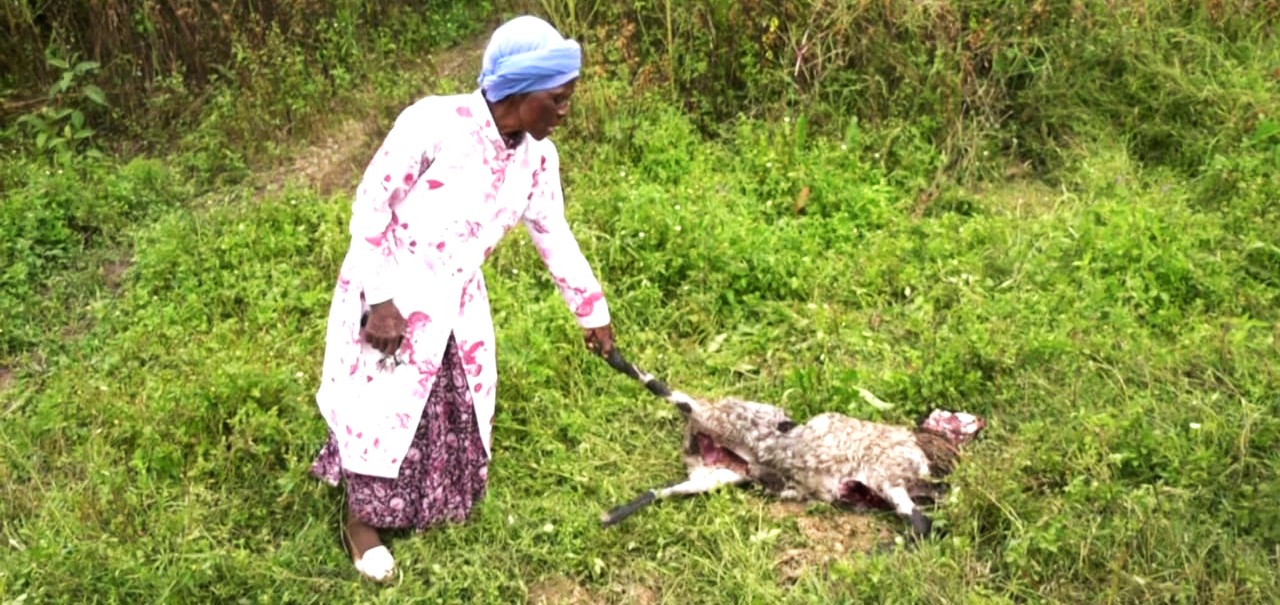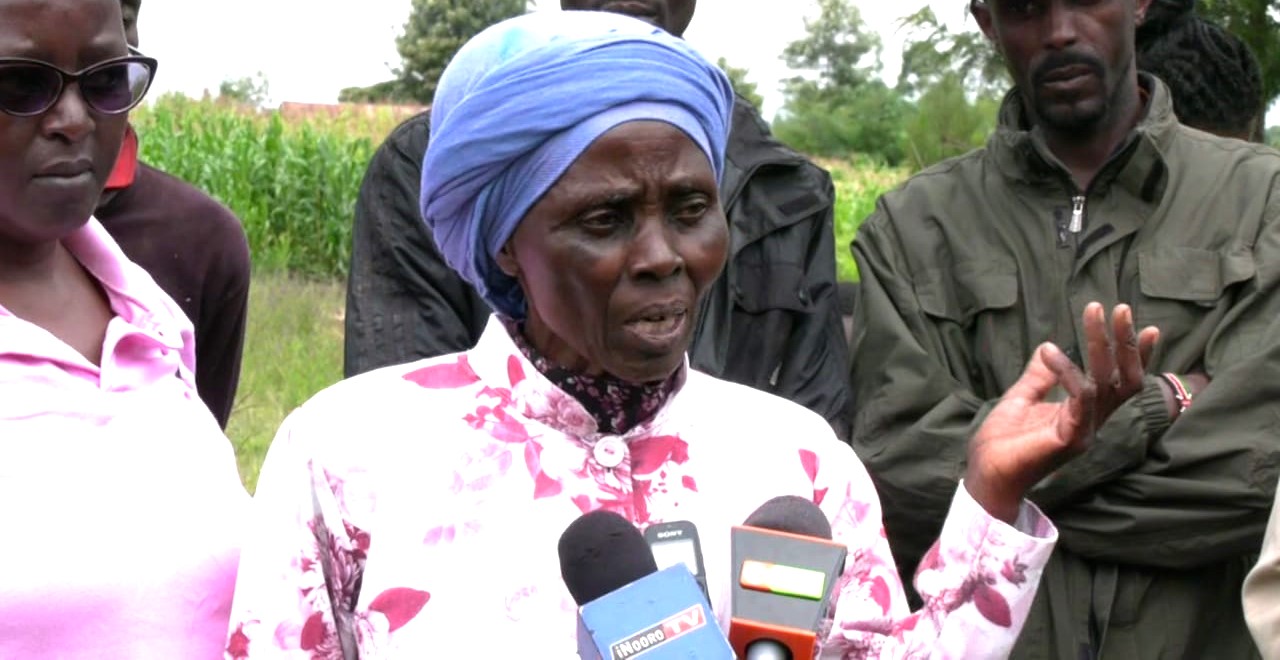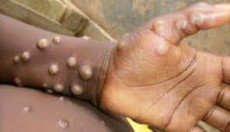- Reducing conflicts between people and wildlife is essential for local communities near national parks.
Residents of block-2 Sinendet in Njoro Nakuru County live in fear caused by constant Hyena attacks on their livestock.
On Thursday night, July 15, 2024, Elizabeth Kamau lost six sheep to the marauding hyenas, which roam around the village both during the day and late at night.

“These hyenas come in from the nearby Mau Forest mostly at night, but they have also been seen by my neighbors during the day. I lost six of my sheep. I don’t know what to do because they are a source of my livelihood,” she said.
Read More

In the same neighbourhood, Joseph Mburu is also counting losses. Recently, he lost four of his flock to the hyenas. Over ten residents have reported several hyena attacks on their livestock at night.
Another area resident, Alice Muthoni, fears that if the wild animal is not dealt with, it may start attacking people.
“I saw them crossing the road during the day and entering into a neighbor’s farm, I was terrified. We fear that soon they may start attacking people too,” she said.
The residents are calling upon the Kenya Wildlife Service to rescue them. In mid-2023, Kenya's Ministry of Tourism and Wildlife paid out $6.2 million to victims of humans-wildlife conflict. The compensation covered losses incurred by livestock and crops, as well as deaths.
Reducing conflicts between people and wildlife is essential for local communities near national parks. Based on the information at hand, 388 Kenyans lost their lives, and another 2,100 were injured as a result of wild animals between 2017 and 2020.











